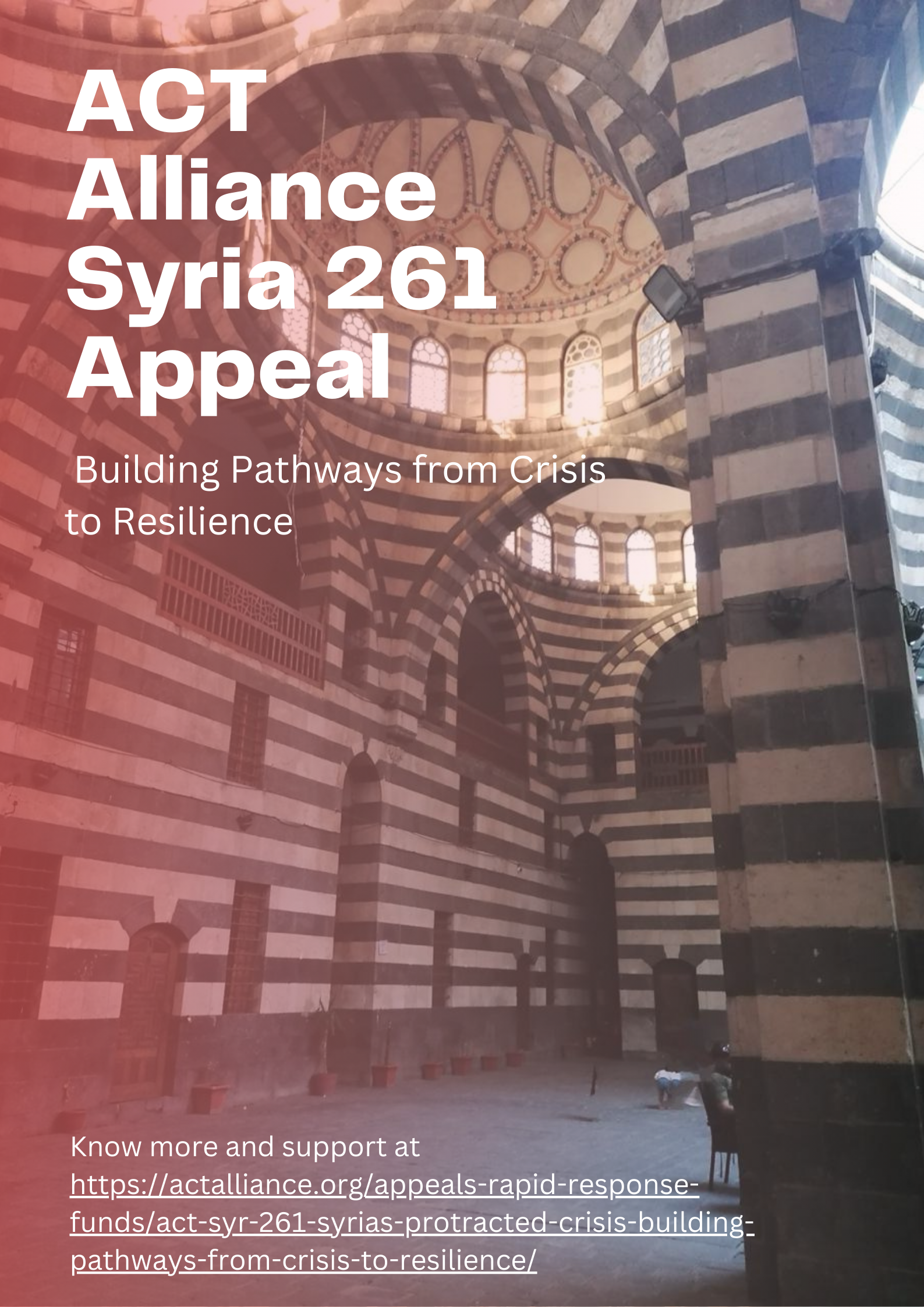More than 60 people have died, more than 110 have been injured, at least 458 houses have been damaged, and approximately 360 families have been affected shared by the Afghanistan National Disaster Management Authority (ANDMA).
The eastern provinces, particularly Nangarhar, Laghman, and Kunar, have been severely impacted. Initial reports from Provincial Disaster Management Authorities (PDMA) indicate at least 11 fatalities, over 41 injuries, 48 livestock losses, and damage to more than 426 households. IDP camps established after the recent earthquake in Kunar have also been affected, increasing vulnerabilities among displaced families.
Rapid needs assessments are currently underway in Kunar, led by IOM with CWSA participation, while CWSA is leading the assessment in Laghman.
Preliminary findings from joint assessments with IOM, WFP, UNICEF, ANDMA, and other partners highlight urgent needs for shelter rehabilitation, WASH services, health support, cash assistance for heating and fuel, multi-purpose cash assistance (MPCA), and maintenance of existing water systems.
In the eastern provinces, preliminary reports indicate at least 11 fatalities, more than 41 injuries, loss of livestock, and damage to over 426 households. Three temporary IDP camps in Kunar, established after the recent Kunar earthquake have also been affected, further exacerbating vulnerabilities among displaced families.
ACT Alliance member Community World Services Asia (CWSA) is currently on the ground implementing their regular projects and planning to extend emergency assistance to the affected areas by providing Cash assistance in the affected communities through the ACT Alliance Rapid Response Fund (RRF) mechanism.



